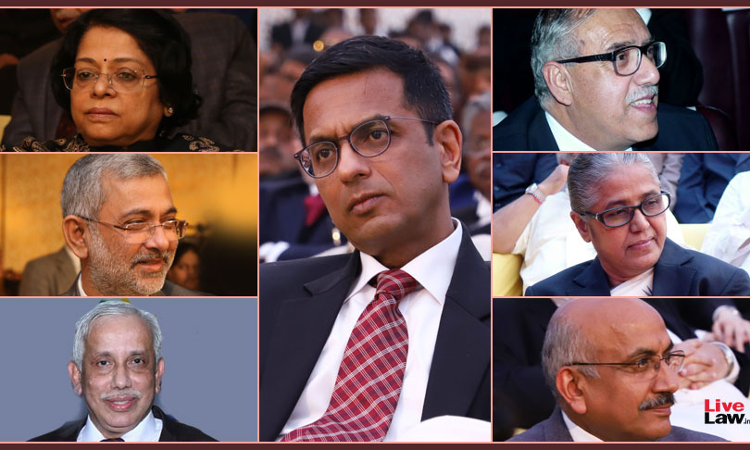Next Story
1 Jan 2019 12:07 PM IST
"A dissent in a court of last resort… is an appeal to the brooding spirit of the law, to the intelligence of a future day, when a later decision may possibly correct the error into which the dissenting judge believes the court to have been betrayed," said Justice HR Khanna while dissenting with the majority in ADM Jabalpur v Shivakant Shukla.Last year witnessed a rare instance when Justice DY...

